 |
 |
 |
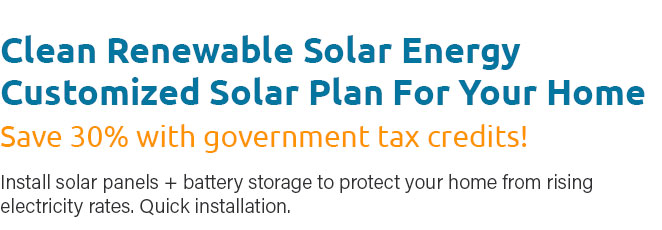 |
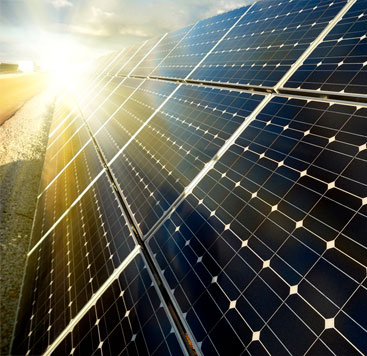 |
 |
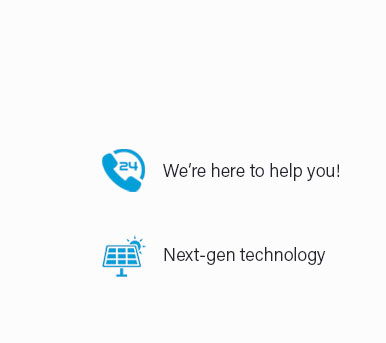 |
 |
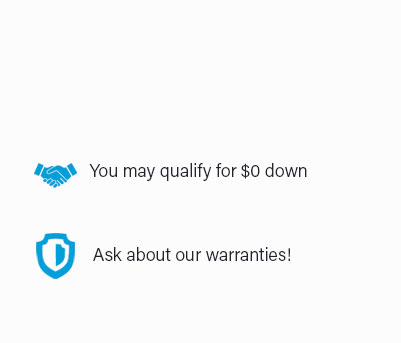 |
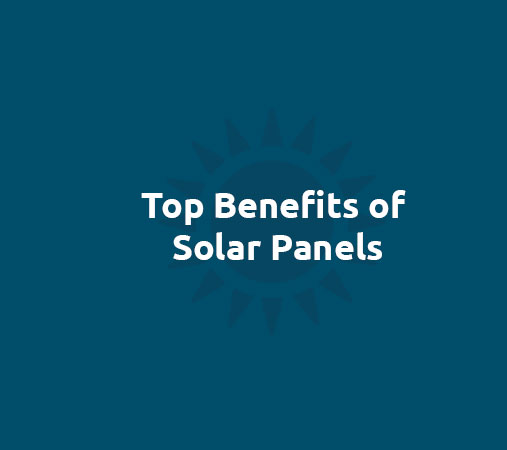 |
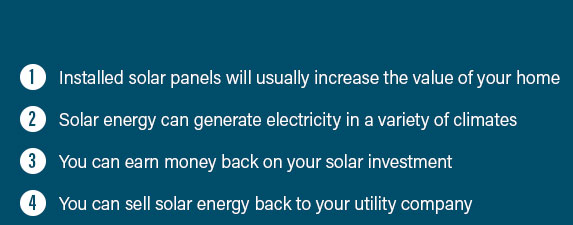 |
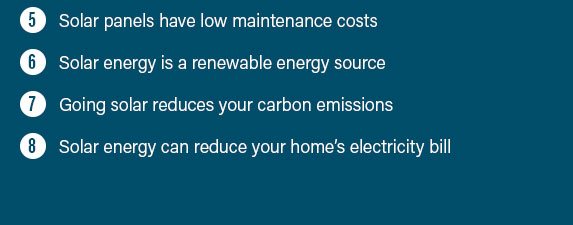 |
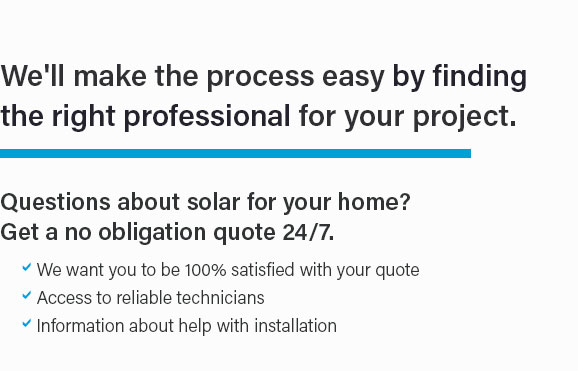 |
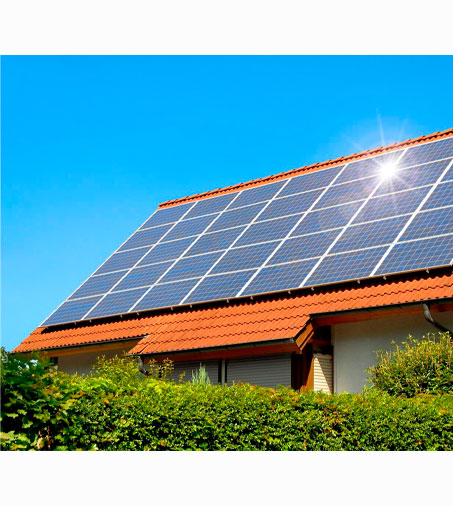 |
|
 |
 |
 |
|
Transform your energy future with our unbeatable solar panels installation quote, a doorway to the installation of a cutting-edge solar power system that slashes your electricity bills and carbon footprint; experience unparalleled expertise and innovation, where we tailor every solar solution to illuminate your home with clean, sustainable energy, ensuring you not only join the renewable revolution but lead it-because when it comes to harnessing the power of the sun, we don’t just install, we empower.
https://www.familyhandyman.com/project/off-grid-solar-power-system/?srsltid=AfmBOor41m_IJQKBn5xrYGsF5JojV__QIcW0j1TMKFOc9OQj9tzR0bWA
A compact off-grid solar array is a fantastic solution for RVs and campers, and can be an easy way to run power to an outbuilding. https://vivablast.com/new/solar-installation-how-to-install-solar-panels/
Check for Compatibility - Select size for the system - Sign up for construction slips - Set up the rack system - Install solar panels - Install the heatsink - Install ... https://www.altestore.com/?srsltid=AfmBOooZYAp7WuT19QzqCYMGs1FpYlOFEcbGWND13o5Y-RkhwD0bOtj6
Get Started with Solar - Fill Out the Energy Questionnaire Fill out the questionnaire to see your current energy consumption and determine what kind of system ...
|